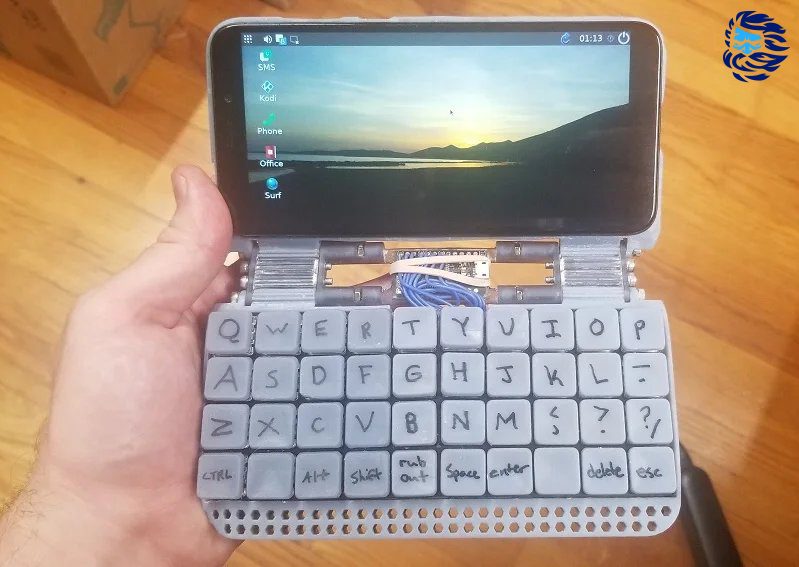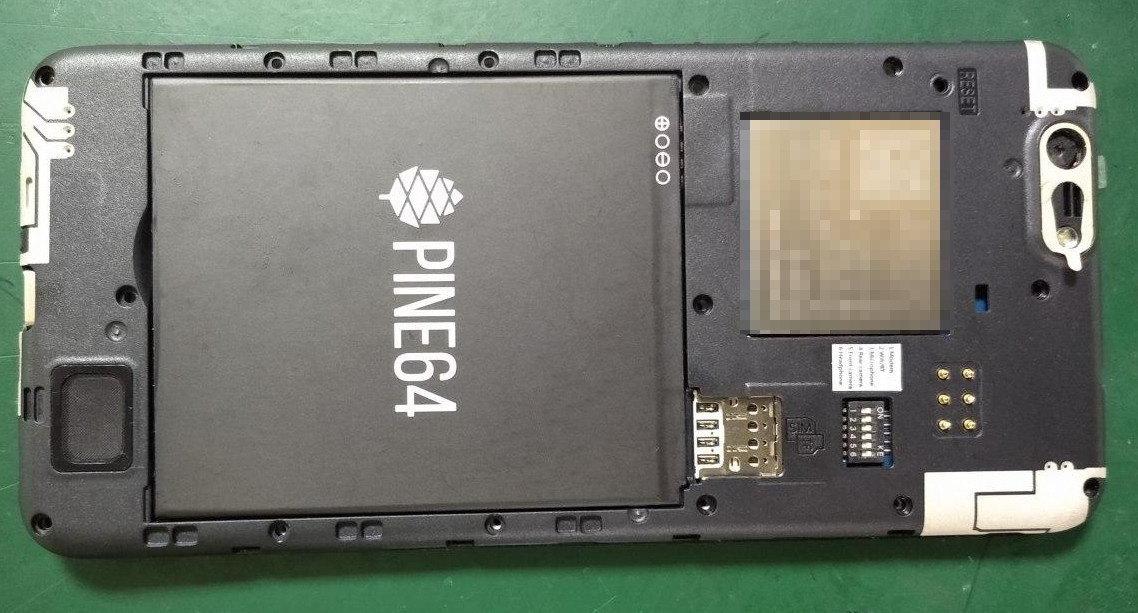
Past
Let's start by making a short list of the main reasons for Linux project failures:
- Openmoko: Financial issues,
- Nokia (Maemo / Meego): Change in corporate strategy (new CEO),
- HP (webOS): Change in corporate strategy (new CEO),
- Mozilla (Firefox OS): Changing the "Corporate" strategy (shifting focus to IOT),
- Canonical (Ubuntu Touch): Changing corporate strategy (shifting focus to the cloud and profitability).
This is, of course, a gross oversimplification, and I admit that the real story is much more complex in each case. Plus, it's hard to compare the current players, PINE64 and Purism (and a wide variety of community projects), with companies the size of Nokia, HP, or even Mozilla or Canonical. Comparison to Openmoko probably works best.
Openmoko

Openmoko started in 2006 as a project in a larger company , and then was phased out. Their hardware was a little outdated even for that time and kept getting outdated (ARMv4, GPRS; Linux also worked on many devices originally running Windows Mobile at the time) and weaker than they hoped. They developed their OS in open mode, but on their own (the developers were hired), and they had to redo it three times. They couldn't afford to make their third phone that would fix many problems (3G, competitive SoC, ...) for financial reasons , and decided instead to make WikiReaderand then slowly disappeared as a company.
2006-2009 was a difficult time to get started in the smartphone market: both Apple and Google (as part of the Open Handset Alliance ) entered a very dynamic market at the time. 3G technology has made mobile data worthwhile, ARMv7 architecture has added computing power, and capacitive touchscreens have changed the user experience forever.
Today
When we compare this to today, we have a completely different situation: from year to year, the rate of improvement in smartphone technology may be declining, and the market can be considered saturated.
Unlike Openmoko, both PINE64 and Purism also manufacture other consumer electronics products that they sell, resulting in a more diversified business: they don't rely solely on their phones.
Purism

Purism develops their own software in house, they take a smart, minimalist, community-friendly approach that works pretty well. Taking as much of the upstream projects as possible and working with them, as well as developing the little things they need to do:
- libhandy ( , GTK , GNOME project),
- mobile shell,, [ (https://source.puri.sm/Librem5/squeek )] ,
- Librem 5.
Unfortunately, they are not that good at delivering phones: they recently announced further delays and price increases .
PINE64

Fortunately, PINE64 does a better job of delivering its Pine phone. Presumably, in 2009, Openmoko shipped 10,000 phones, and PINE64 is already 3 times more. This is important because it means that there is a relatively large community of both developers and users who actually have the physical hardware to develop and use applications for Linux phones .
The community is also where PINE64 software development takes place, they produce community software devices. This has led to increased activity in community projects like Plasma Mobile (formerly Plasma Active ) and many new smaller projects like Sxmo and countless others.
Does this mean that we are “safe”?
We can never be sure, but the situation is much better. There is an impulse! We've got the hardware, and I've heard rumors of several upcoming Linux phones for 2021, although I'm not sure the effort isn't in vain given the current component shortage.
Even if we remained limited in PinePhone and Librem 5 hardware, postmarketOS and other advances in this direction such as Droidian are driving the adoption of the latest Linux phone software to more devices.
Let's also not forget that projects like Ubuntu Touch (picked up by Ubportwhen Canonical dropped it) and Jolla's Sailfish OS keep running.
However, what is needed is good cooperation and care. Don't burn the developers! Contribute to code, documentation, translation, or simply help other users whenever you can. Be patient and try to get information by watching videos or reading! Remember: yelling outrage on social media is childish! Offer feedback, but do it constructively.
We can only be safe if we build and nurture this together!
Additional materials
- Another dead end or finally a proper Linux phone?
- OpenMoko: 10 Years After (Mickey's Story)
- Ten years after first shipping Openmoko Neo1973
Cloud servers from Macleod are fast and secure.
Register using the link above or by clicking on the banner and get a 10% discount for the first month of renting a server of any configuration!
